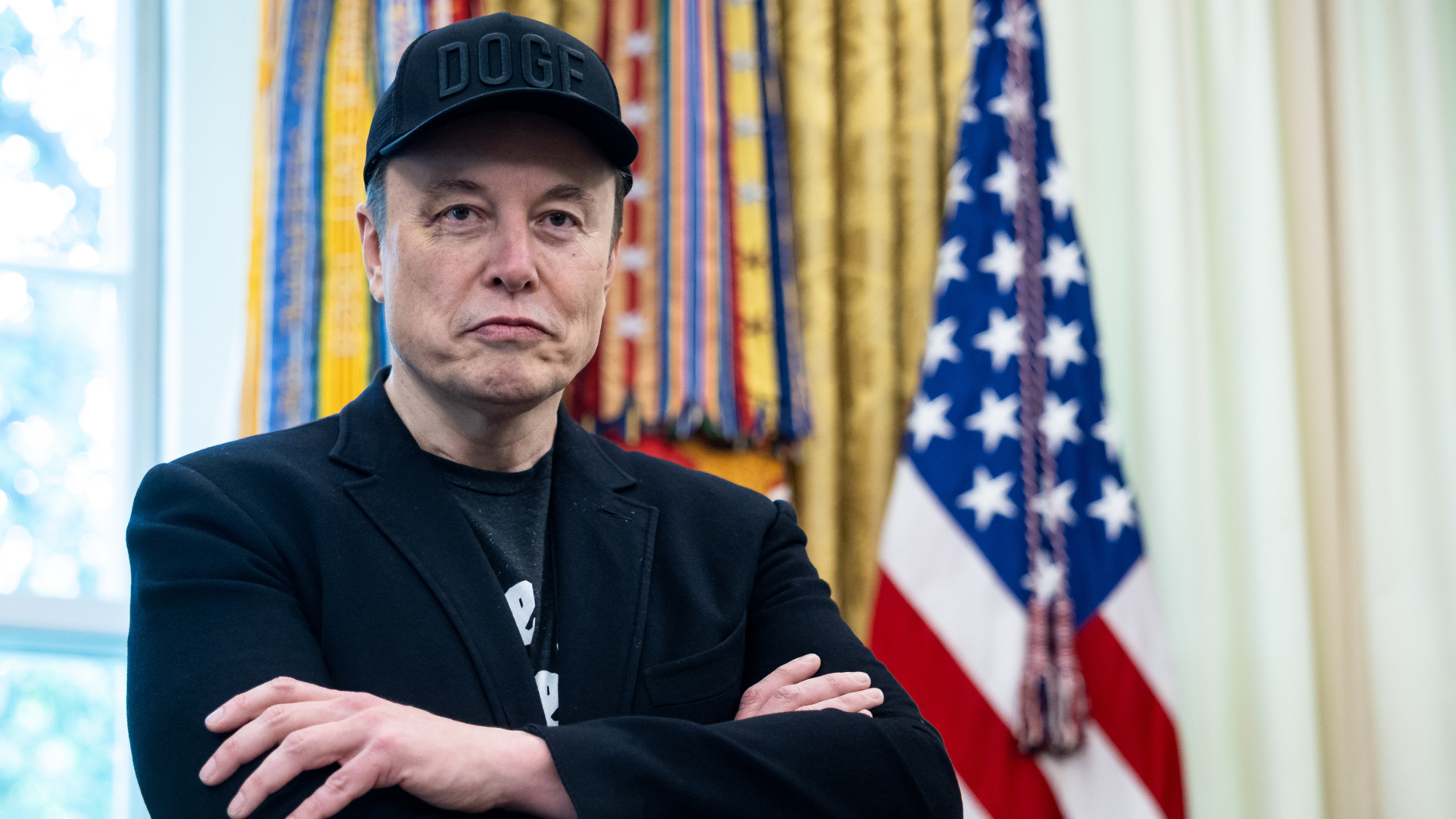Elon Musk has announced plans to establish a new political entity called the “America Party” aimed at representing moderates disillusioned with the current two-party system in the United States. The billionaire entrepreneur, known for his ventures in electric vehicles and space travel, intends for the party to focus on reducing wasteful federal spending and addressing the political dysfunction attributed to the entrenched duopoly.
Musk’s announcement has drawn mixed reactions from political commentators. Donald Trump criticized the initiative, claiming that third parties have “never succeeded in the United States” and only create “total disruption and chaos.” Meanwhile, some analysts suggest that Musk’s approach may have merit, especially given the narrow margins in Congress.
Historical Context and Potential Impact
Historically, attempts at establishing third parties in the U.S. have had limited success. Notable figures like Ross Perot and Michael Bloomberg have previously sought to disrupt the political landscape, but neither made a lasting impact. Philip Bump of the Washington Post describes Musk as “wildly unpopular,” indicating that his venture may face significant challenges in gaining traction.
However, other commentators believe Musk’s strategy could be feasible. Unlike previous independent campaigns primarily focused on presidential bids, Musk’s intention is to secure a few seats in the Senate and House of Representatives. This could allow him to create a legislative faction capable of influencing policy, particularly if divisions arise within the Republican Party.
Musk’s venture comes at a time when the political climate is particularly fragmented. According to historical analysis, third-party movements often gain traction when one of the main parties is in disarray. The emergence of the Republican Party, for example, was facilitated by the Whig Party’s internal divisions over slavery.
Innovative Approach to Political Engagement
Despite skepticism about the viability of his political ambitions, Musk’s critics acknowledge his track record as an “innovative problem solver.” Greg Orman, writing for Real Clear Politics, noted that Musk has already transformed industries, from electric cars to space transport, challenging established players like Boeing and Lockheed Martin.
Musk’s focus on tackling the perceived corruption in the current political system has resonated with some observers. Jonah Goldberg, in the Los Angeles Times, described Musk’s plan as “a smart strategy,” arguing that a third-party caucus could exert significant leverage in Congress. This could potentially encourage lawmakers to cross party lines and engage in more collaborative governance, which many see as a necessary evolution in American politics.
While it remains to be seen how the “America Party” will develop, Musk’s entry into the political arena underscores an ongoing desire among certain segments of the population for alternatives to the dominant parties. As political dynamics continue to shift, the implications of Musk’s initiative could reverberate through the upcoming electoral cycles.





































































